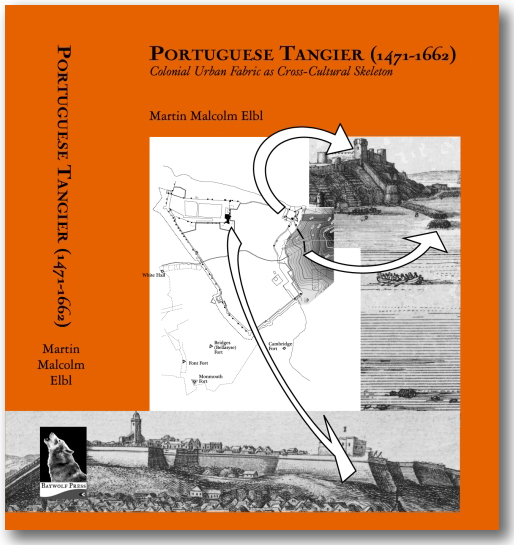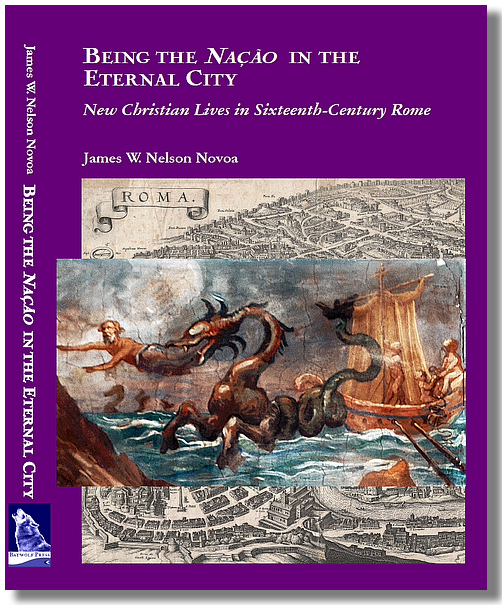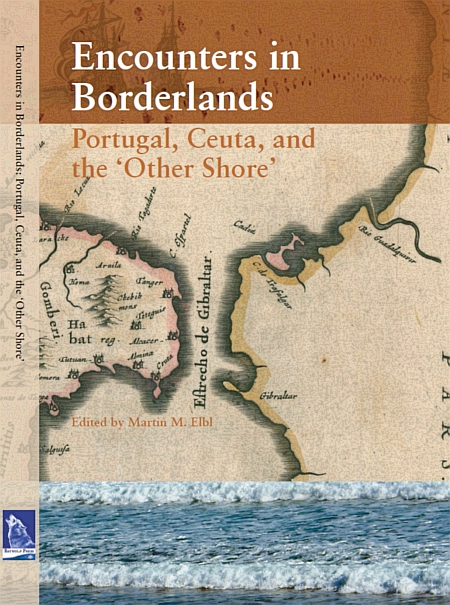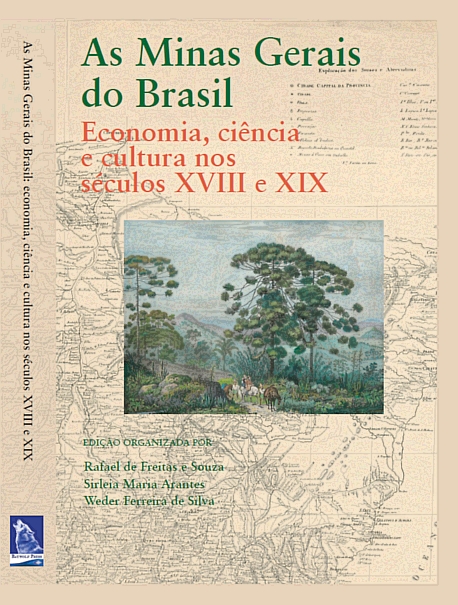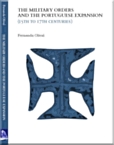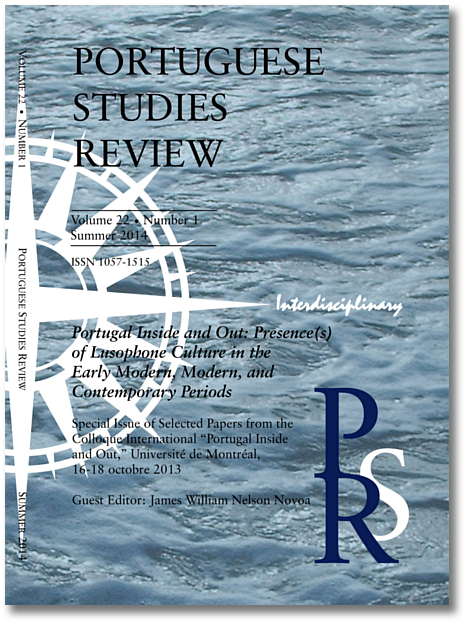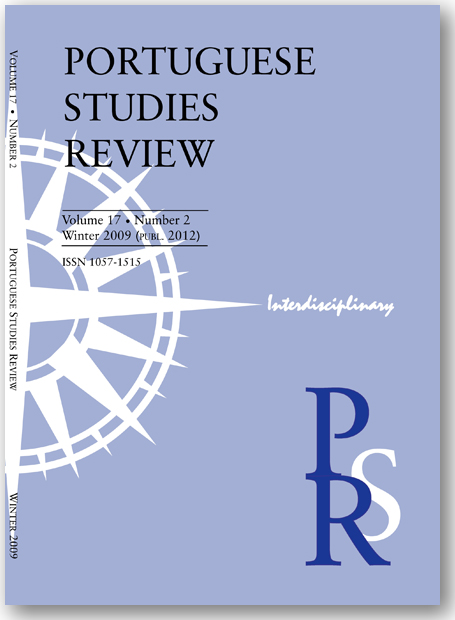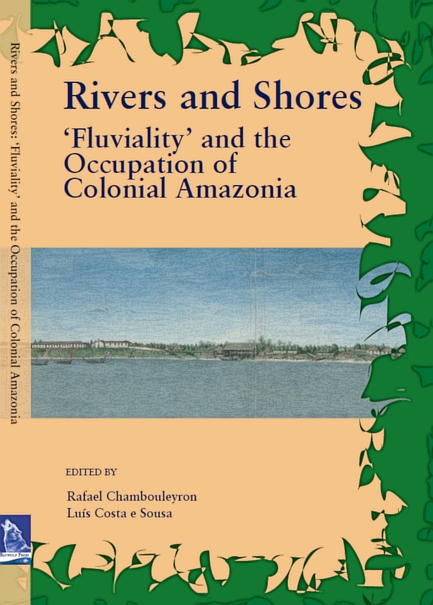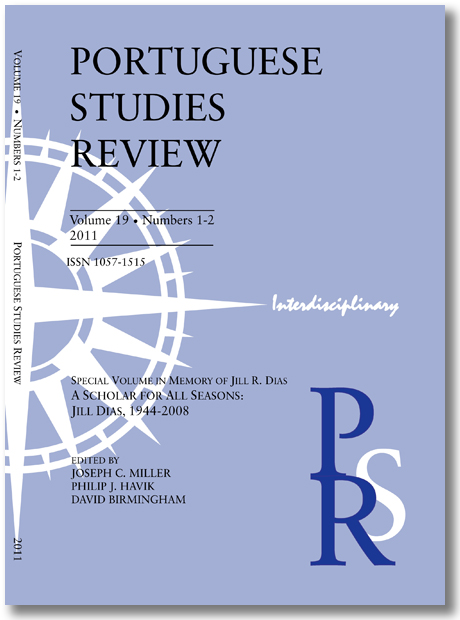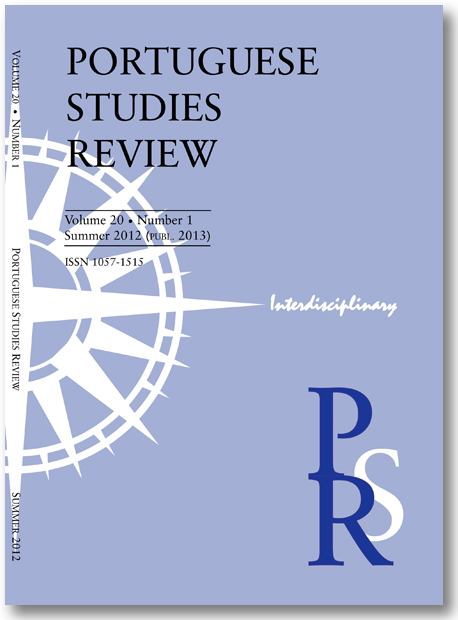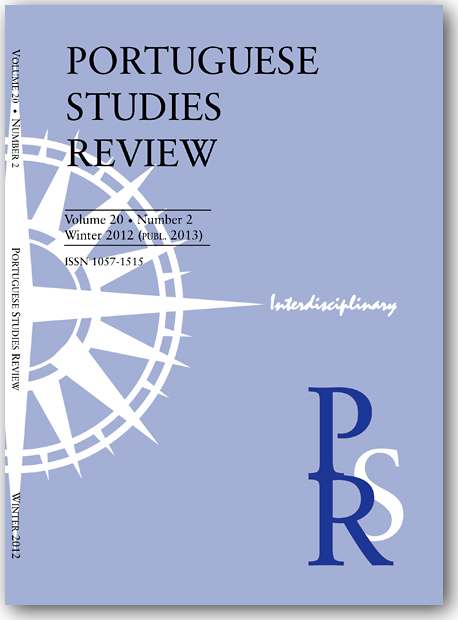Additional Manuscript Submission Instructions
Many journal sites overdo instructions in a way that is not really necessary in the digital era and harks back to the previous century. The following details are minimalist, logical, easy to comply with. It is what we think you really should know to make the submission of your work to the PSR smooth. If you find something unclear or not covered, e-mail us a suggestion. We shall consider it, and if necessary adjust the website.
Production: PSR production process takes place in a customized version of OpenOffice. We have our technical reasons. The customizations work for us, they simplify our digital flow, therefore they work for you. If you happen to use OpenOffice as one of your options, it is the ideal file format (.odt) to submit your work. It will accelerate production considerably. Contributions in the MicrosoftOffice format (.doc preferred; .docx fine too) are of course accepted as a matter of routine. We shall convert the data.
Formatting: Please avoid making your paper "nice", with bold typefaces, underlining, colored fonts, and other extra features. The "nice" look makes our task more difficult. Your formatting will have to be stripped off before we plug the text into our page-making presets. That wastes time. With a text presented as plain as possible, we can just tag all elements with preset codes and push the button. Double waste of time avoided = production speeded up.
Notes: The PSR uses the Chicago Manual of Style footnote format, with no Bibliography or References at the end of the article. The first reference to a work should be complete (including Place of Publication, Publisher, Date). Subsequent references to the same work should be abbreviated. There is no need for us to post a confusing "Style Sheet" here. Check out the Google Books Previews or PSR Previews of our latest volumes and you will readily see what formatting we require. This is explicit, unequivocal, and very clear. The note format you see in the Google Books Previews or PSR Previews is what your notes should look like. If your paper has been formatted in APA, MLA, and other author/date formats, you must adjust it. Yes, you can postpone the adjustments until your paper has been accepted (if you want to submit the paper as a draft). The longer you delay the adjustments, however, the more the publication of your paper may be delayed. Ready-to-go simplifies your life.
Orthography and Language Styles: Papers in English may use either American or UK spelling styles. We think that your cultural area preferences should be respected, in a multicultural and multilingual journal being published in the first quarter of the 21st century. It is always a good idea, however, to state explicitly, on the cover page of your submission, which style you have decided to follow. For Portuguese, Spanish, and French, we have stopped converting national styles. Your paper's orthography and style is what will be printed. The footnotes layout and formatting, however, MUST basically conform to Chicago Manual of Style, for unified appearance and logical consistency throughout the various volumes and issues of the PSR. Please do NOT use note formatting specific to a cultural/linguistic area and required for instance in your thesis by your Dissertation Committee (such as for instance capitalizing the names of authors in references, etc.) -- such formatting will have to be adjusted, delaying publication as we wait until you adjust the format, or costing you money if we are the ones who have to implement the format adjustment.
Illustrations: Currently the PSR appears in black-and-white only. All images should take this into account. For everything that is NOT graph (with underlying data embedded, so that we could reformat it as needed), we require raster image files at 300 DPI, greyscale, lossless format (TIFF, PNG, for instance). JPG is a very bad idea. It degrades with each manipulation. This applies especially to maps and other images you may have obtained from the Internet. What you think will look nice or adequate when you look at it on your screen may be unacceptable for commercial print in DPI terms. If you send us a 75 to 92 DPI resolution JPG that is much too small in size (Web or monitor-screen density, typical for many small images simply taken from the Internet), we cannot "upgrade" it to something that will print well. It just cannot be done. If so, we shall ask you to supply a better image. If you are not sure how to make a well calibrated greyscale image, send us a high quality color version. We shall do the rest. Remember: all images you did not take or create yourself must come with proper copyright permissions from the creator or owner (individual or institution, including museums and/or galleries owning the depicted items). By far not everything that you find on the Internet is in the 'public domain' from a copyright point of view. It is incumbent on the author of an article published in the PSR to establish whether or not an image is in the 'public domain'. If we have doubts about the copyright status of an image, we shall carry out a verification and ask you to either certify 'public domain' status or supply a copyright permission from the rights holder(s).
|




